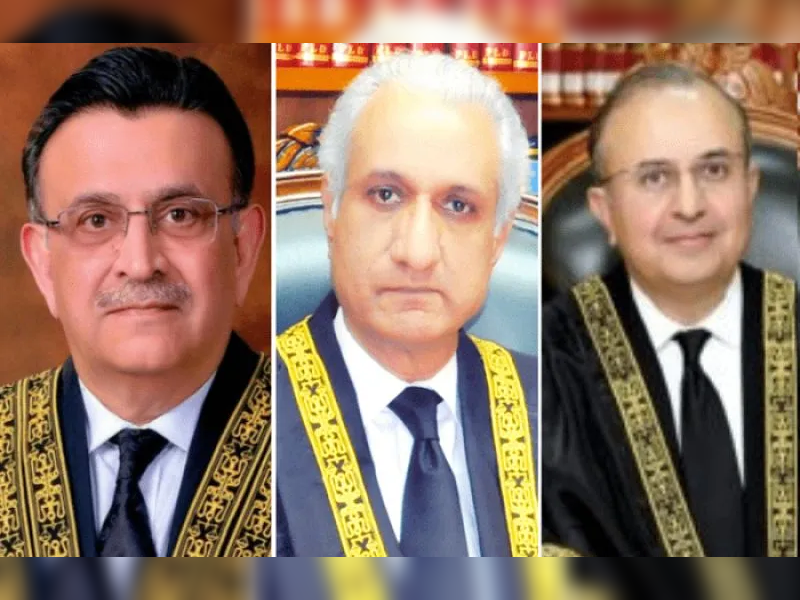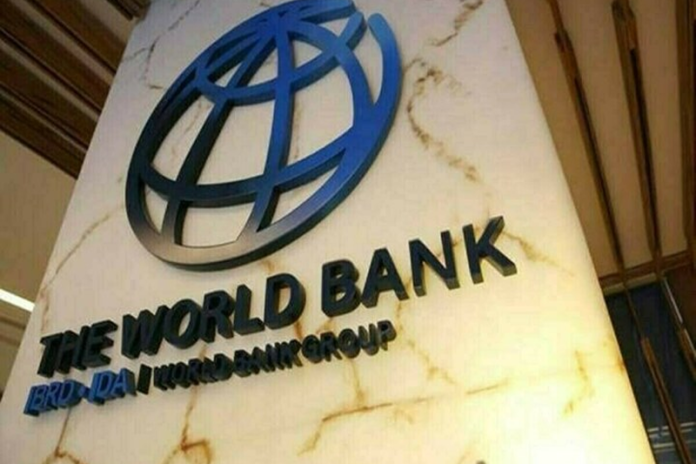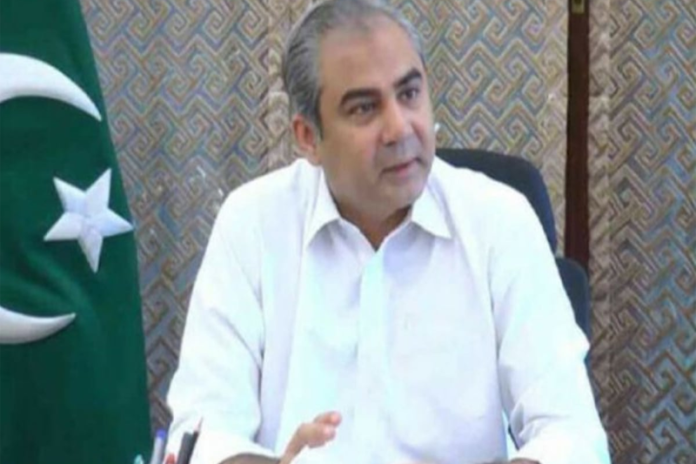Who would take decisions if entire cabinet deemed accused? questions CJP

- 237
- 0
Islamabad: Chief Justice of Pakistan (CJP) Umar Ata Bandial observed that holding entire Cabinet or committee responsible for jointly taken decisions would slow up country’s decision making process, as Supreme Court (SC) took up former Prime Minister Imran Khan’s petition against recent amendments to National Accountability Bureau (NAB) Ordinance.
A three-member bench, comprising Chief Justice, Justice Mansoor Ali Shah and Justice Ijazul Ahsan heard PTI lawyer Khwaja Haris’ arguments on Imran’s plea, which claims new NAB laws “are a violation of fundamental rights”.
At outset of hearing, Imran’s lawyer pointed out that as part of NAB amendments, decision of federal Cabinet and working development parties had been excluded from jurisdiction of accountability watchdog. “New laws are also a violation of international conventions of anti-corruption.” At this, Justice Bandial remarked that important decisions in country are taken jointly by federal Cabinet and committees and if all its members were to be deemed accused, “who would take decisions then?” “If Parliament starts doing everything, decision-making process will slow down,” he said.
CJP questioned history of NAB law’s application, recalling that cases pertaining to LNG (liquified natural gas) contracts were lodged without proper examination of facts. “Such contracts are prepared on government level.” Top judge said that several bureaucrats were made to serve jail time only to be later acquitted in reference, adding that “sometimes things are not under control of bureaucracy”. Talking about cases regarding assets beyond means, he said that such cases were considered a crime across world. “We will review NAB amendments in context of international standards and local laws,” Justice Bandial observed.
Meanwhile, Justice Shah inquired if those who managed to come out scot-free from NAB laws could be punished under any other law.
“There is no other law for misuse of power,” PTI lawyer replied, adding that after new amendments, it had become impossible to prove corruption of more than Rs 500 million.
At one point during hearing, Justice Ahsan observed that new laws would promote systematic corruption. “Amendments have allowed provision of financial benefits that do not fall within category of NAB law.”
Published in The Daily National Courier, October, 13 2022
Like Business on Facebook, follow @DailyNCourier on Twitter to stay informed and join in the conversation.

















































